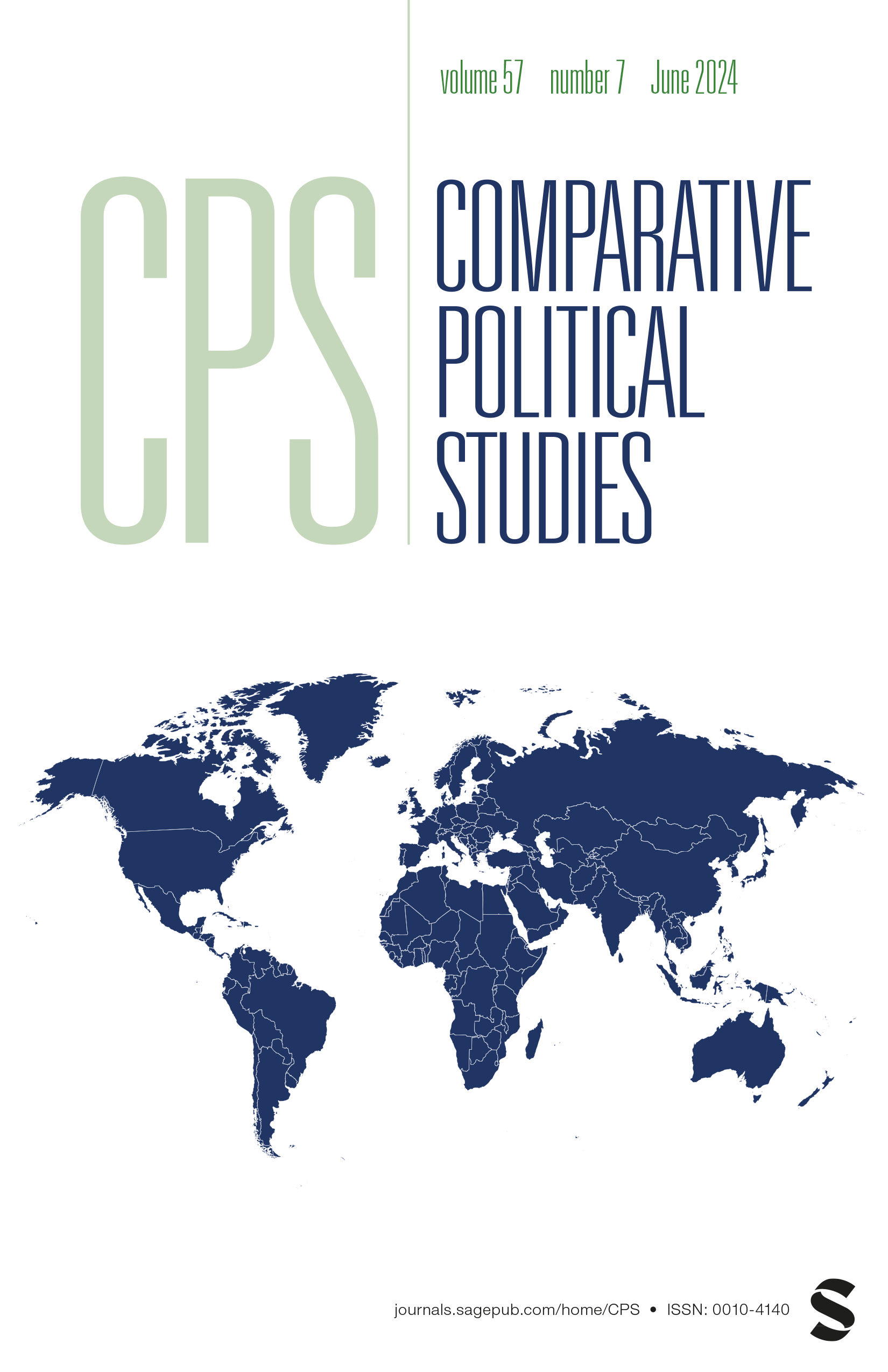After the Genocide: Proximity to Victims and Support for Punishing Ingroup Crimes
IF 3.4
1区 社会学
Q1 POLITICAL SCIENCE
引用次数: 1
Abstract
What explains divergent transitional justice preferences among political elites after genocide? We argue that elite preferences vary with their proximity to the victimized group. Individuals who know the victims personally and/or have witnessed violence against them may be more likely to support punishing the perpetrators, possibly because they experience collective guilt. We support this argument using an original biographical dataset on the members of the West German parliament, linking their location and experiences during the Third Reich to free roll-call votes on extending the statute of limitations for murder in 1965–69. We find that proximity to synagogues, particularly those attacked in November 1938, predicts support for extending the statute, conditional on party, state, mandate type, denomination, and a host of personal attributes. We also find significantly lower support for extending the statute among former NSDAP members. Our findings highlight the importance of bystander experiences in shaping support for retributive justice.种族灭绝之后:对受害者的接近和对惩罚群体内犯罪的支持
如何解释种族灭绝后政治精英对过渡正义的不同偏好?我们认为,精英的偏好随着他们与受害群体的接近程度而变化。认识受害者和/或目睹暴力侵害受害者的人可能更有可能支持惩罚施暴者,这可能是因为他们经历了集体内疚。我们使用西德议会成员的原始传记数据集来支持这一论点,将他们在第三帝国期间的位置和经历与1965-69年关于延长谋杀诉讼时效的免费点名投票联系起来。我们发现,靠近犹太教堂,特别是那些在1938年11月遭到袭击的犹太教堂,预示着对延长法令的支持,这取决于政党、州、命令类型、教派和许多个人属性。我们还发现,在前纳粹党成员中,支持延长法规的人数明显较低。我们的研究结果强调了旁观者经验在形成对报复性正义的支持方面的重要性。
本文章由计算机程序翻译,如有差异,请以英文原文为准。
求助全文
约1分钟内获得全文
求助全文
来源期刊

Comparative Political Studies
POLITICAL SCIENCE-
CiteScore
8.40
自引率
4.00%
发文量
69
期刊介绍:
Comparative Political Studies is a journal of social and political science which publishes scholarly work on comparative politics at both the cross-national and intra-national levels. We are particularly interested in articles which have an innovative theoretical argument and are based on sound and original empirical research. We also encourage submissions about comparative methodology, particularly when methodological arguments are closely linked with substantive issues in the field.
 求助内容:
求助内容: 应助结果提醒方式:
应助结果提醒方式:


